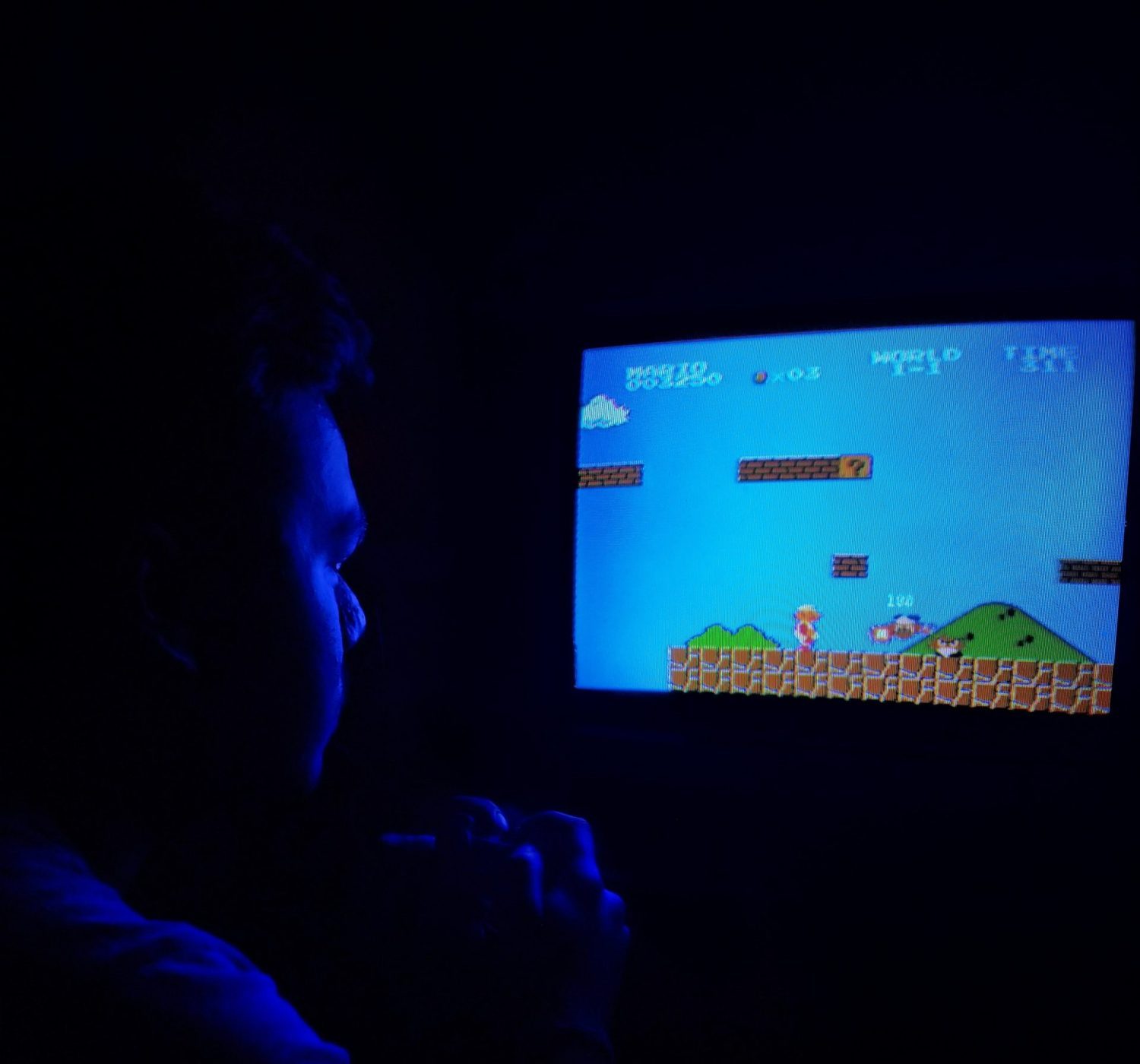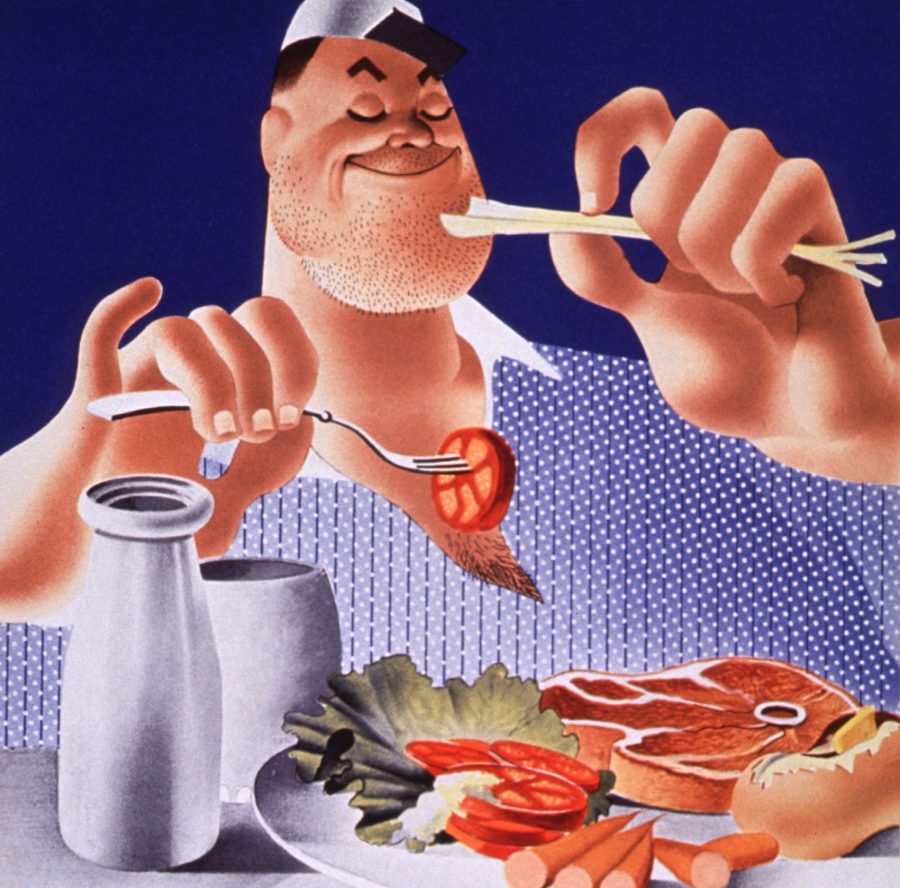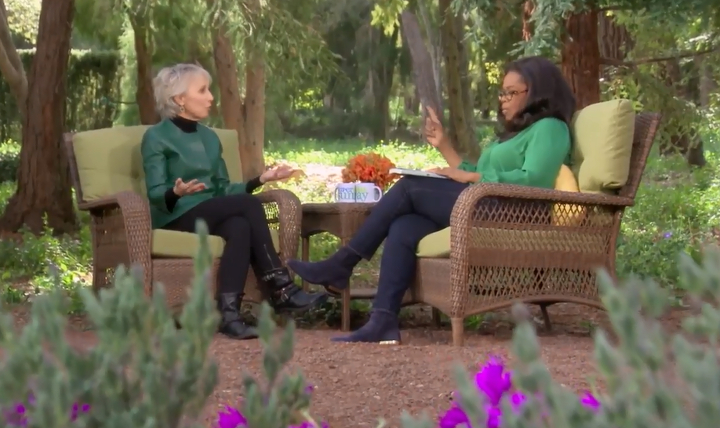Playing Fat? The Fat Gamer Meme

I am a fat gamer. The “gamer” part is easy to write, the “fat” part does not come as easily and it still feels like admitting to a flaw. I have felt, like most gamers I assume, my share of guilt and even shame after I could not turn off whichever game had me sucked in and especially so, whenever I canceled social events in favor of a night with just myself, some food, and a video game. Fat-shaming, however, makes admitting to fatness much harder (in our cultures in the Global North). In identifying myself as fat, I build on work at the nexus of critical feminist, queer and fat studies; as Marilyn Wann has phrased it: In fat studies, there…



